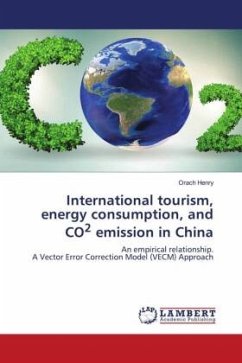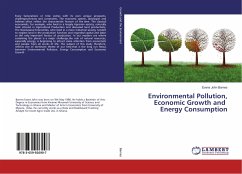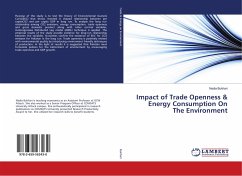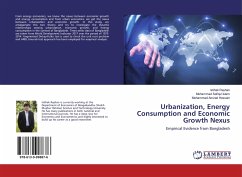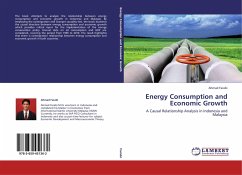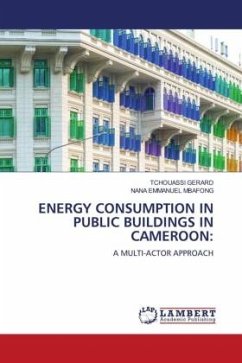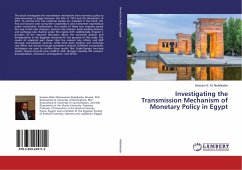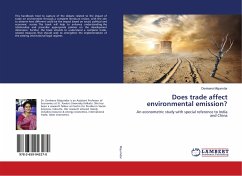This book shed light on the long-term effects of rising tourism demand and fossil fuel consumption in China on environmental degradation. According to the results of the research conducted, China's environment has been damaged by an increase in tourism and fossil fuel consumption. The results of this research shed light on the environmental consequences of an uncontrolled consumerist lifestyle. Understanding the relationship between rising tourism demand, increased fossil fuel consumption, and related CO2 emissions is crucial for China's long-term sustainable growth and climate policy formulation. Various sustainable development strategies can help foster sustainable development and tourism growth if adopted and implemented by the Chinese government. (1) The government, for example, could encourage and convince local tourism businesses to improve energy conservation and renewable energy use in order to stimulate carbon sinks. Fiscal subsidies, tax reductions, government procurement, and green credit will all help to achieve this. (2) The government may also improve public environmental awareness by issuing an instant alert.
Bitte wählen Sie Ihr Anliegen aus.
Rechnungen
Retourenschein anfordern
Bestellstatus
Storno

